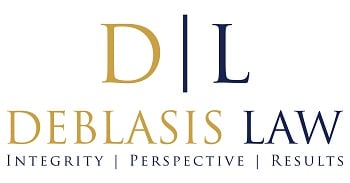The Truth in Lending Act (TILA) requires lenders to give the borrower information about all the charges associated with a loan. The law is meant to protect consumers from deceptive and unethical loan practices where they bore the brunt of rogue lenders.
TILA regulations apply to most types of consumer debt, including mortgages, auto loans and credit cards. The Act outlines the disclosure requirements required of lenders in these transactions.
TILA disclosure requirements
Lenders are legally required to provide all relevant information related to the debt. TILA requires the following specifics:
- Finance charges that come with the loan. They include all costs of acquiring credit, such as interest rates, appraisal fees, application fees and late charges, among others.
- The Annual percentage rate (APR) detailing how the finance charge is computed and expressed in a yearly percentage rate.
- Total of payments or the sum of what the borrower will have paid when the loan is settled, including all finance charges, APR, and the principle.
Providing insufficient information to borrowers can predispose your business to legal penalties.
Safeguarding your business interests
As a lender, you must ensure legal compliance in all your practices. A TILA violation can set you back financially and come with other undesirable effects. For example, a borrower can rescind their loan and recover their down payment plus any interest paid. Additionally, you may be ordered to pay attorney fees if the case didn’t go your way.
However, there are instances when a borrower will bring a TILA claim even when you did everything by the book. In this case, you need to be aware of the several defenses you can use against such TILA claims.
Understanding the various options at your disposal and how best to handle the matter can help protect your business from potential losses.
